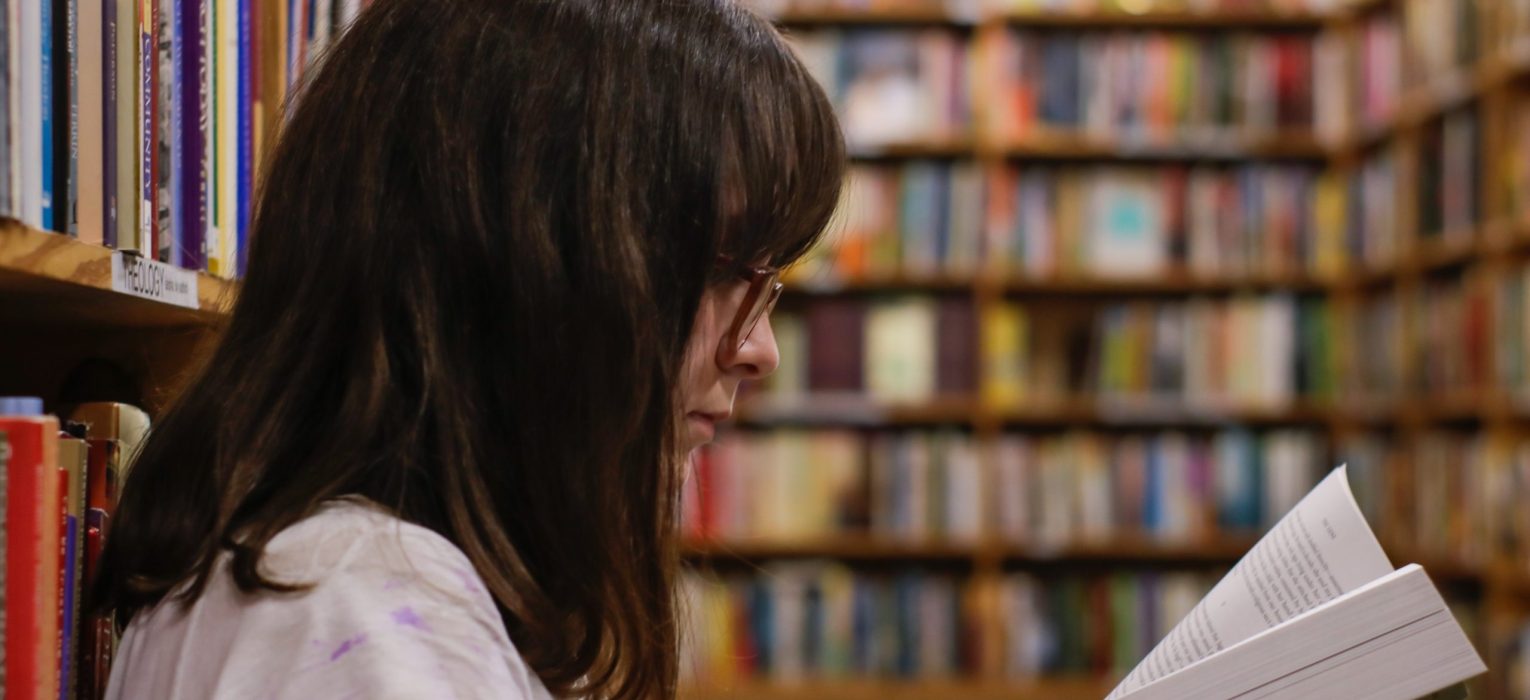Learning about the different effects that fiction and nonfiction writing have on critical thinking can help editors revise literature to benefit the authors’ audiences to the fullest extent.
Many different factors are involved in editing, especially when addressing the needs of a specific literary genre’s audience. Some of these needs might be more obvious, such as editing to create a good story, ensure excellent grammar, construct clear organization, etc. However, other literary criteria that editors should be aware of are often not as apparent, namely how the literary genre will impact a reader’s critical thinking. Editors need to be mindful of the critical impact of certain genres of writing so that they might shore up the weaknesses of their specific genres.
THE RESEARCH
In 2021, Helena Hollis conducted a study to examine how fiction and nonfiction genres impact critical thinking in readers. Her goal was to determine if reading in general leads to stronger critical thinking disposition—defined in the study as a willingness and ability to engage in critical thinking—and how nonfiction and fiction reading each impact one’s critical thinking abilities.
The study relied on individuals responding to four distinct surveys. These surveys determined exposure to fiction and nonfiction literature; impact of each genre on critical thinking disposition; effect of each genre on absolutist, subjective, and nuanced thought; and influence of emotional engagement with fiction and nonfiction on any of the above criteria.
The results of these surveys showed a direct correlation between reading fiction and increased critical thinking disposition and nuanced thought, in addition to a decrease in absolutist thought. On the other hand, those who read nonfiction exhibited decreased critical thinking disposition, increased absolutist thought, and decreased subjective thought. This outcome suggests that “fiction readers are more disposed towards critical thinking, while a negative association was found for nonfiction exposure” (Hollis 2021, 28).
“Fiction readers are more disposed towards critical thinking, while a negative association was found for nonfiction exposure.”
Hollis (2021)
THE IMPLICATIONS
While the results of the study suggest a correlation between types of readers and types of literature, there is no definitive causation proven. As Hollis herself states, “The findings from this study merely demonstrate a relationship between these factors, but the direction of causal influence requires further investigation.” That being said, the implications of the study are that “reading fiction and nonfiction have different relationships with factors associated with critical thinking” (Hollis 2021, 28).
This distinct relationship between critical thinking and fiction vs. nonfiction reading shows that greater critical thinking tendencies are associated with increased fiction reading whereas nonfiction readers tend to exhibit less critical thinking. While there is an implication that this could be caused by the genres themselves, there is no conclusive proof, which means that further research into that relationship “would be a worthwhile endeavor” (Hollis 2021, 28). Even without continued research, however, editors have the opportunity to cater to the critical thinking needs of the genres’ audiences strictly based on this study’s results. Because nonfiction readers engage less critically with texts, editors should carefully oversee the accuracy of all information presented in the literature. For fiction readers, editors can encourage the incorporation of more complex topics and issues to make the text more critically engaging.
To find out more about critical thinking in fiction and nonfiction readers, read the full article:
Hollis, Helena. 2021. “An investigation into the relationship between fiction and nonfiction reading exposure, and factors of critical thinking.” Scientific Study of Literature 11, https://doi.org/10.1075/ssol.20014.hol.
—Jennifer Fletcher, Editing Research
FEATURE IMAGE BY ELIOTT REYNA
Find more research
Take a look at M. P. Bal and M. Veltkamp’s (2013) dual experiment to learn more about the relationship between fiction and its readers: “How does fiction reading influence empathy? An experimental investigation on the role of emotional transportation.” PLoS ONE 8 (1): https://doi.org/10.1371/journal.pone.0055341.
Read A. S. Aloqaili’s (2012) theoretical study to discover more about critical thinking in literature: “The relationship between reading comprehension and critical thinking: A theoretical study.” Journal of King Saud University–Languages and Translation 24 (1): 35–41. https://doi.org/10.1016/j.jksult.2011.01.001.





Rachel Roberts
I completely agree with the implications of this research. Because the surveys suggested that critical thinking is less associated with the nonfiction genre, editors and authors should pay close attention to the information provided in a given text: in the past (as a reader), I would take what I read from nonfiction and assume it to be absolute fact without doing any further research. With fiction, I would involve myself more in critical thinking about characters’ motivations, characteristics, and tendencies.
Alohilani Jacob
I think because nonfiction is meant to be factual and give clear details, it can be hard for the reader to think any further than what they’re reading. It’s interesting to think about what nonfiction writers could change to invite their readers to critically think and actively engage in their content.